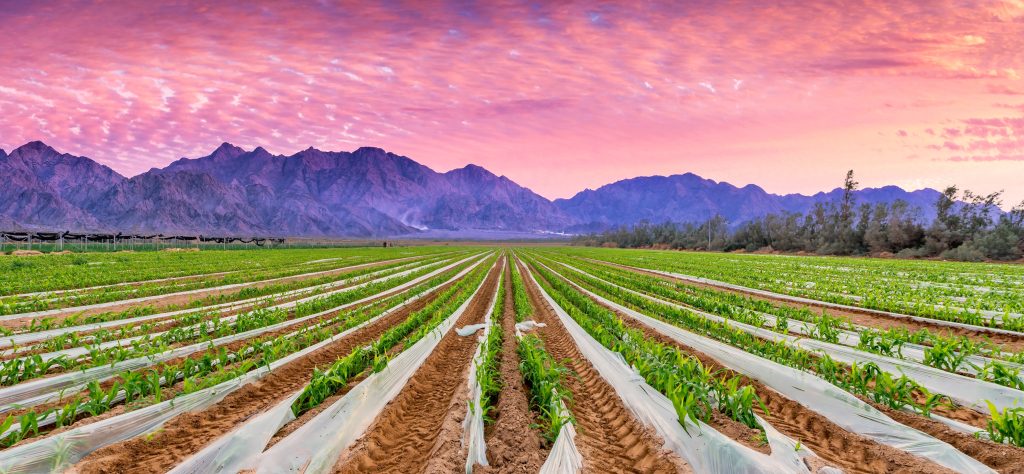Saudi Arabia is channeling significant resources into green innovation, aiming to transform its arid landscapes. However, concerns about potential greenwashing highlight the complexities of converting ambitious initiatives into genuine climate solutions.
Riyadh is currently the venue for the United Nations COP16 conference, focusing on drought and desertification—critical issues for the kingdom. Saudi officials have committed to restoring 40 million hectares of degraded land.
While a leader in climate tech investment, the nation maintains a strong stance on oil, leading critics to question the environmental impact of its efforts. A 2023 PwC report shows Saudi Arabia contributes 75% of the Middle East’s investments in climate tech startups, with a predominant focus on energy solutions.
In the desert north of Jeddah, a project at King Abdullah University of Science and Technology is exploring energy-efficient wastewater treatment using microorganisms. This process produces energy and recycled water, potentially valuable for agriculture and combating desertification.
Under the Middle East Green Initiative, Saudi Arabia plans to plant 10 billion trees and rehabilitate 74 million hectares of land, necessitating effective water and soil management.
Himanshu Mishra from KAUST has developed a method to turn sand into fertile soil using carbon-enriched compost from chicken manure, enhancing nutrient and water retention and supporting biodiversity.
Despite these promising technologies, widespread implementation requires substantial funding and political backing. Venture capital remains scarce, though some startups attract private investment.
Saudi Arabia continues to be the largest crude oil exporter, balancing its green initiatives with its oil interests. The kingdom is also investing in carbon capture and hydrogen production as part of a “circular carbon economy,” facing criticism for potentially masking ongoing fossil fuel reliance.
The European Center for Democracy and Human Rights has criticized the Saudi Green Initiative for allegedly obscuring the country’s dependence on fossil fuels under the guise of sustainability.
